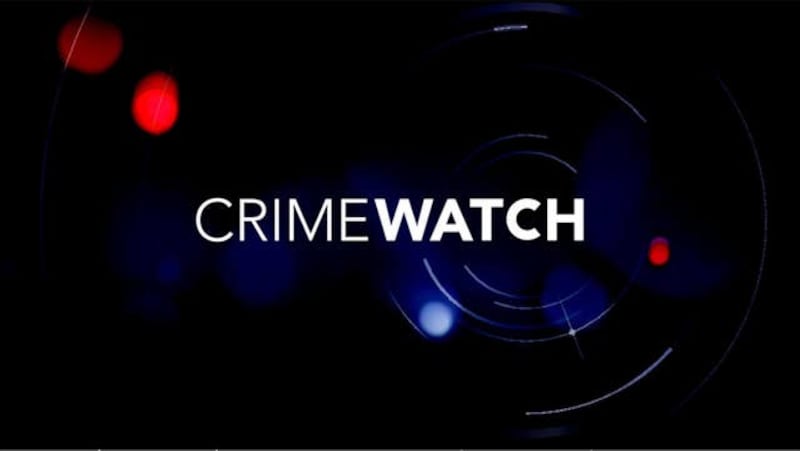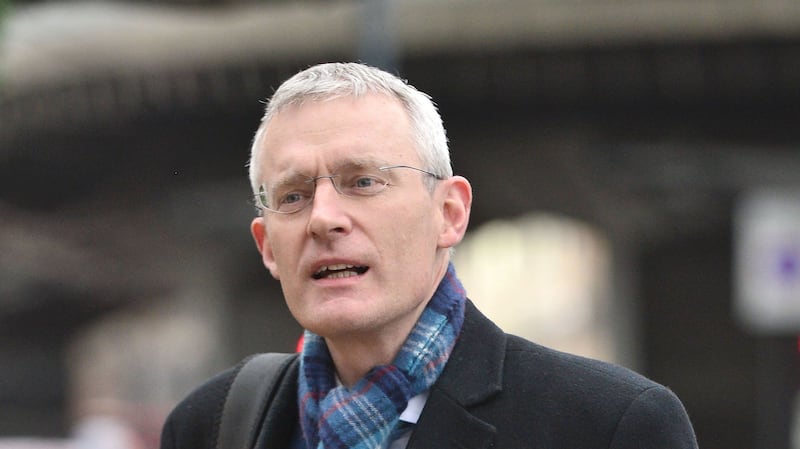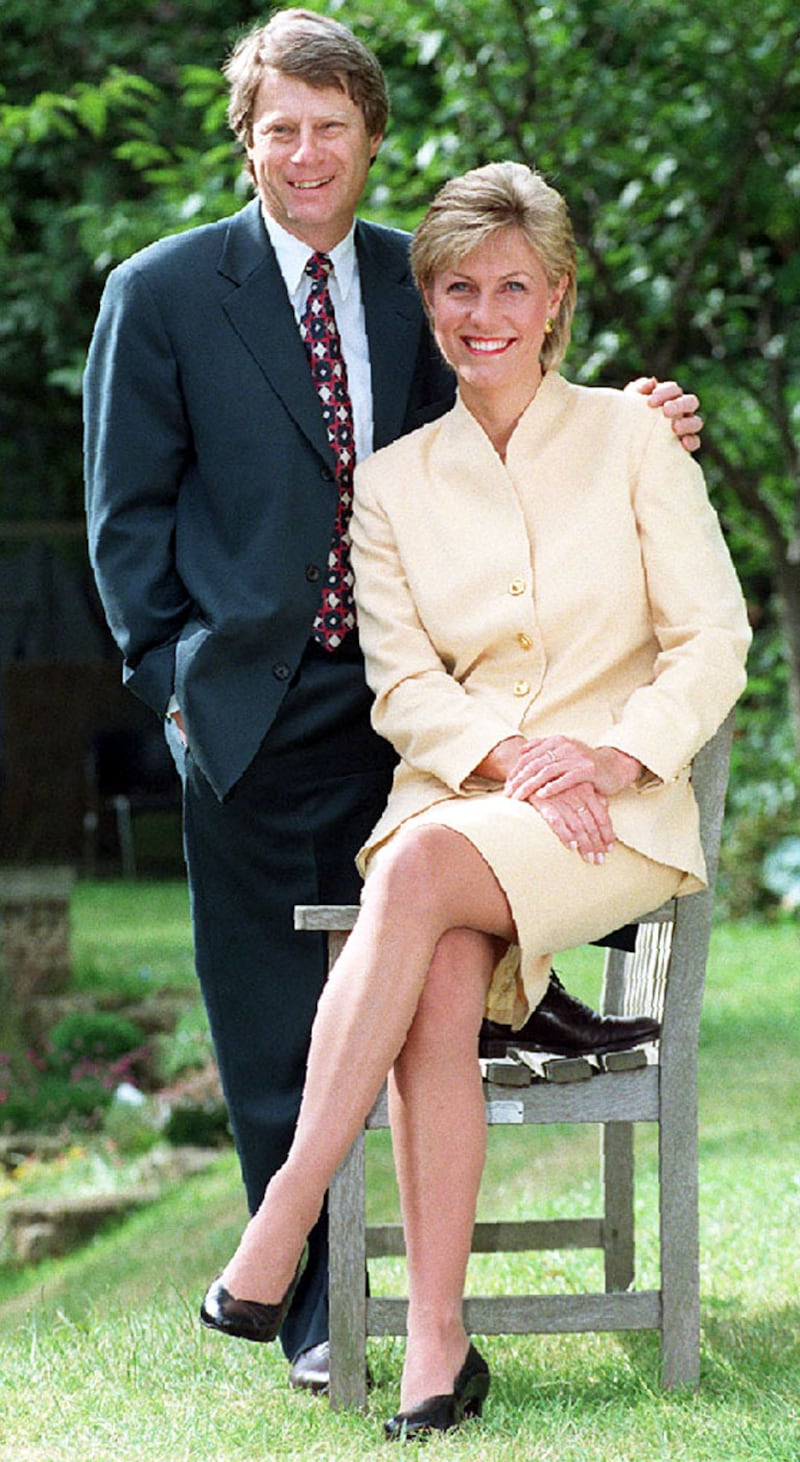Nick Ross, the first presenter of Crimewatch, has welcomed its axing – saying that the BBC show “ran out of puff”.
The crime-solving show, recently relaunched with Jeremy Vine and Tina Daheley as hosts, is being dropped after more than three decades.
Ross fronted the TV institution for 23 years but left in 2007 as part of a shake-up by BBC bosses.
He told the Press Association that he did not feel “huge emotion” about its demise.

“I’m just astonished it’s lasted this long. It was something that was revolutionary when it began,” he said.
“It ran out of puff a long time ago. They did pretty damn well to keep it going so long.”
Daytime spin-off Crimewatch Roadshow will continue to be screened, with more episodes, with the BBC saying it would be the “best fit for the brand going forward”.
The BBC added that it was “incredibly proud” of Crimewatch, whose previous hosts include Kirsty Young and Fiona Bruce, and that the “move will also allow us to create room for new innovative programmes in peak time on BBC One”.
Ross said of the spin-off: “It’s not going to work as an appeal because the thing about Crimewatch at its peak was, if you have got 15 million viewers your chances of finding somebody was very, very high…

“If half the population were watching the programme you were pretty likely to find somebody. Once you start getting daytime audiences and you’re talking hundreds of thousands, or at most very low millions, your chances are very low.
“So it’s going to have to do other things, as indeed … Crimewatch and Crimewatch Roadshow always did.
“Honestly, I don’t think it (the Roadshow) was hugely successful in catching people.”
Sue Cook and Ross hosted the first Crimewatch in 1984, with Cook replaced by Jill Dando in 1995.
Dando’s murder in 1999 featured on the programme a month later, while other crimes featured on the show have included the murders of James Bulger, Rhys Jones and Damilola Taylor, as well as the disappearances of Madeleine McCann, Suzy Lamplugh and Claudia Lawrence.
Ross blamed the end of Crimewatch on “changes” to the TV landscape over 33 years.

“Interactive television was completely new. No-one else was doing it” when the show began, he said.
“Now of course it’s par for the course. We’ve got reality television, we’ve got phone-ins and above all we’ve got the internet … In one way it’s extraordinary it’s survived.”
He said the show’s first editor was determined it would be public service television and that he was glad, from the response of viewers today, that the “message won through”.
“There were huge temptations with some of the later producers to make it more dramatic and I was never happy when they started introducing music to reconstructions and really trying to make it more drama,” said Ross.
He said that setting up the Jill Dando Institute, for research into crime science, was the “real legacy of Crimewatch”.
He added that he has “no criticisms of the BBC for this decision at all. They’ve been loyal to the programme for longer than I thought could be sustained”, although he would like to see the broadcaster be more “realistic in its coverage of crime” to reflect falling crime rates.
Crimewatch was relaunched last September with Vine and Daheley as hosts.
Ross said of the show: “I hardly ever watched it. I think once you leave a programme you’ve got to say ‘Been there, got the T-shirt. I’m not going to interfere. Let them get on with it’.”
Simon Kempton, the Police Federation’s head of operational policing, said: “For those wider appeals which needed national coverage it was great and there has been nothing else that has been able to give cases such a wide reach, but if there aren’t the audience figures and people aren’t watching it then you have to move with the times.”
Mark Hallas, chief executive of the charity Crimestoppers, said: “Like us, the Crimewatch TV programme helps the public to solve crimes. We worked with them over many years and are sad to hear this news.”
Sad to see #Crimewatch go. Don't forget, if you have information about a crime, you can tell us anonymously, online: https://t.co/gtI12icOPT https://t.co/MsFJB4vqBB
— Crimestoppers (@CrimestoppersUK) October 17, 2017
He added that people can contact the charity online or over the phone “to pass on information about crime 100% anonymously”.








